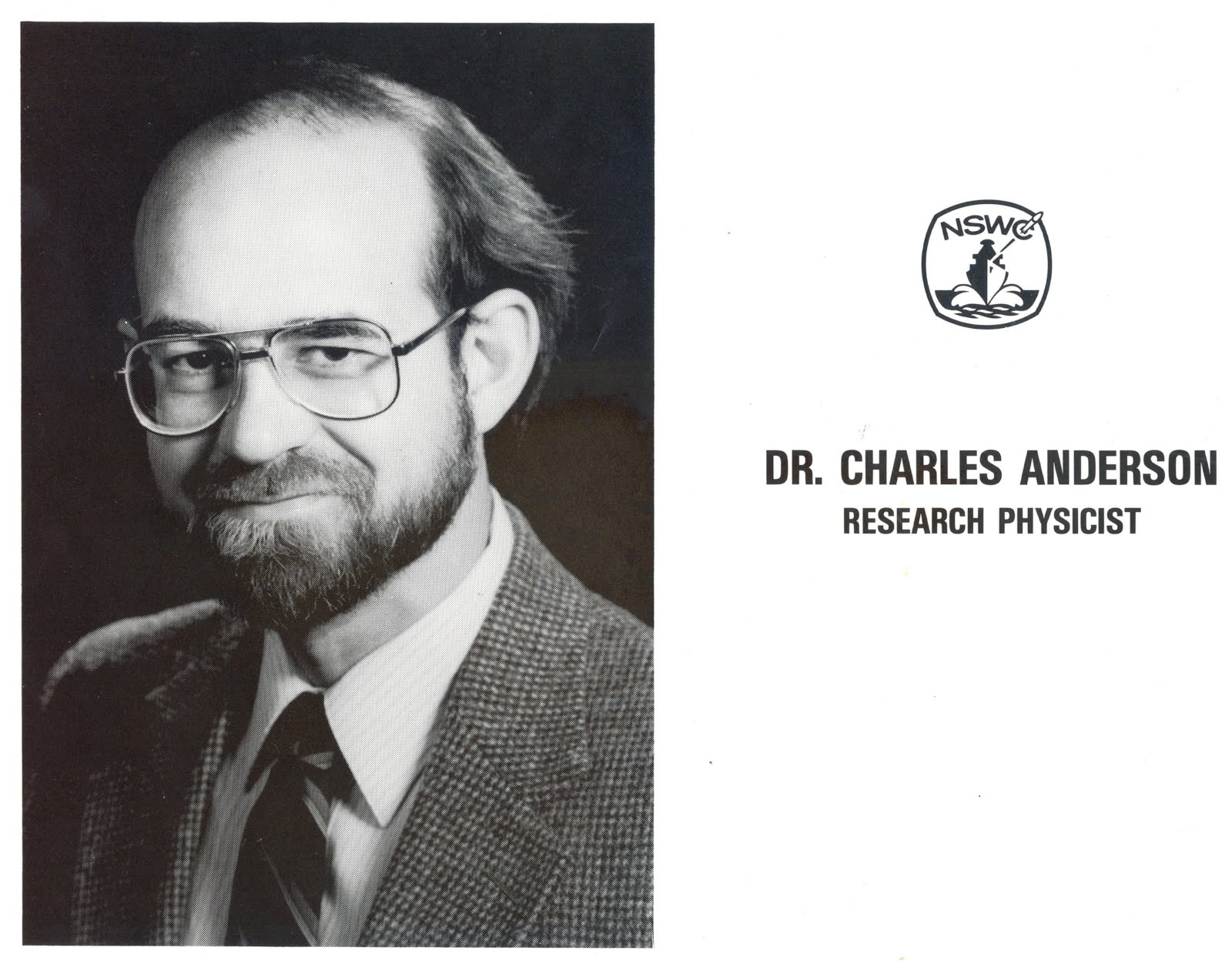The period of time in this study is short and its main conclusions were related to seasonal changes in the growth or loss of reef. It is from these seasonal changes and their differences between the northern and the southern parts of the reef that the authors made conclusions about the long term health of the reef under assumed increasing atmospheric carbon dioxide concentrations.
The abstract for the paper says that the northern portions of the reef had a net annual loss with the fall and winter being the seasons with losses. The mid-reef section had losses in the fall and winter, but had a net annual gain. The southern reefs gained in all seasons.
I have extracted key points in the argument presented in the Washington Post article for evaluation below:
The culprit appears to be ocean acidification, a chemical process that happens when carbon dioxide dissolves in the water and undergoes a reaction that lowers the ocean’s pH. When this happens, several consequences can occur, according to the new study’s lead author, Chris Langdon, chair of the University of Miami’s department of marine biology and ecology.
First, when water becomes more acidic, limestone — which is what makes up the hard, rocky skeletons secreted by corals — can start to dissolve, “just like you dropped a sugar cube in water,” Langdon said.
It’s still unclear why the scientists observed such a gradient in the Keys from north to south, with the northernmost corals getting the worst of the deal. According to Langdon, acidity is known to vary from north to south, since colder water is able to hold more dissolved carbon dioxide.
In 2014 and 2015, the reef experienced an unprecedented bleaching event and widespread disease outbreak, likely brought on by both the effects of climate change and 2015’s unusually severe El Nino event.
“This is concerning because the 2016 summer is predicted to be as hot if not hotter on the reefs,” Walker said in an email to The Washington Post.Now it is true that if the ocean were acidified by sulfuric acid, the acidity would increase the rate of dissolution of the limestone in the coral reefs. But if the acid component in the alkaline water is carbonic acid, the weak acid that dissolved CO2 forms, one has actually decreased the chemical concentration gradient of CO2 between the water and the reef limestone materials. This would have the effect of slowing the dissolution rate. What is more, one has increased the supply of dissolved CO2 which is the source from which the reef coral organisms get the CO2 they need to produce CaCO3, which is calcium carbonate or limestone. There may be more to think about here than that simple narrative that a less alkaline or basic ocean means there are smaller and fewer reefs. Less alkaline is what they call "acidification." In fact, in the geological record, there have been times warmer than the present and with higher atmospheric carbon dioxide concentrations when reefs did very well.
It is interesting that when the reef organisms are most readily able to build the Florida Key reefs includes the spring and the summer, while dissolution or lower rates of growth occur in the fall and winter. In fact, the average relative growth rates the study found for the entire Florida Keys by season were (measured in mmols/(sq. m)(day):
Spring, +62
Summer, +17
Fall, -33
Winter, -7
Consequently, if the acidification hypothesis were right, we would expect that the atmospheric CO2 concentration is the highest in the Fall and lowest in the Spring. Yes, it is actually the CO2 concentration in the water that matters, but reefs are in shallow water that should come into equilibrium with the atmospheric CO2 concentrations quite quickly, especially in the Florida Keys. Let us look at the seasonal variation of atmospheric CO2:
The CO2 concentration is highest in May or the Spring and lowest in September and October, which puts the low value at the border between Summer and Fall, though edging more into Fall. So the ocean should be less alkaline in the Spring when the atmospheric CO2 concentration is higher and most alkaline in early Fall when the CO2 concentration is low. There is actually a need to also make an adjustment for the seasonal changes in water temperature also. Because the spring water is still cool after winter and the fall water, especially in early fall, is still warmer on the heels of summer, the spring water concentration of CO2 will be even greater compared to the fall CO2 concentration as shown in the atmospheric carbon dioxide concentration cycle above. The cooler Spring water will have a higher concentration of CO2 for a given atmospheric concentration than will the cooler Fall water at the same atmospheric concentration.
The Florida Key reefs actually grew much the most in the Spring when the CO2 was at its highest concentration and lost much the most mass in the Fall. This does not correlate well with the "acidification" model. Indeed, this is the exact opposite of the seasonal variation demanded by the "acidification" hypothesis. The clear implication is that when the reef organisms have the maximal supply of dissolved CO2 in the ocean water, they can best produce the calcium carbonate they need for their reef-building activities. This result should not come as a surprise.
It is also strange to explain the net loss of reef mass in the northern reefs as the result of global warming, aggravated by a warming due to an El Nino which does not require added CO2, when the warmer weather of the summer is a time of reef growth all along the north to south length of the reef. Yes, they say the additions of atmospheric CO2 due to global warming allows more CO2 to be dissolved in the ocean in the cooler waters of the northern Florida Key water, so they claim there is more acidification there compared to the southern part of the reef. The north-south change in temperature is much smaller than the seasonal change of temperature, so the temperature change is a secondary effect compared to the CO2 concentration in water effect. Reef building is helped when the supply of CO2 is greater.
Such warming as is due to the El Nino actually decreases CO2 in the ocean because less will dissolve in water that is warmer. El Nino makes the water more alkaline, not more acidic. Consequently, they are not even consistent in combining these two warming causes for a common affect on the reefs. The warming due to an El Nino decreases the supply of CO2 in the water slightly, so it may be somewhat harmful to reef growth from that standpoint, but not due to acidification.
Still another problem with this argument is that the temperature difference between the northern and southern Florida Key reefs is not nearly as great as that between the Summer and Winter seasons for any stretch of the reef. Yet in the warm summer, reef growth occurs everywhere and it occurs best in the southern reefs. Warmer water appears to be good for the growth of the reefs, though not as good as is having a maximal supply of CO2. So the argument that a warming of the ocean is a problem in itself for the reef is clearly unsupported by the evidence. There are also reefs in more equatorial areas than the Florida Keys that are doing well.
In conclusion, while the study of the seasonal variations in the growth of the Florida Keys Reefs provides valuable information on those seasonal differences, all the wrong conclusions were drawn from those results in the peer-reviewed and published scientific paper and in the Washington Post article as well. The researchers and the reviewers did a very poor job on this paper. It should never have been published in the form it was published in.
The real conclusion of this paper should have been that the biggest factor affecting reef growth appears to be the amount of CO2 available to the coral organisms and more CO2 is much better than less CO2.

































































No comments:
Post a Comment